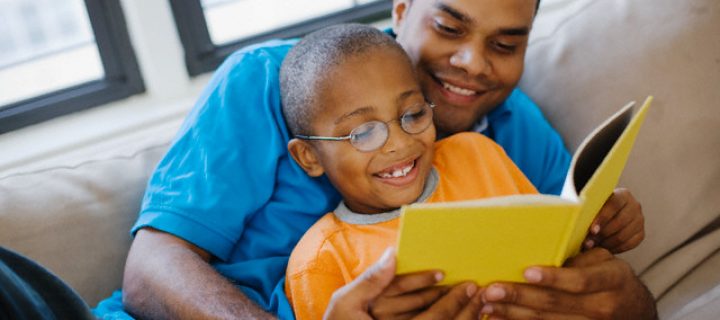Is your child seeking and eating a snack on their own when they’re hungry? They’ll be good readers.
My husband and I recently attended an open house at the local school, getting ready for our son’s first day of kindergarten, this fall. Our son was tired (it was the evening) but we smiled and took in the wooden toys, marbles, beads, the outdoor meeting area and also a new term: self-regulation.
Being able to ‘self-regulate’, (ie, know when you’re hungry and grab a snack, and feel the urge to pee and run to the bathroom,) is now, at least in our neighborhood, all considered part of literacy.
Who knew that being able to snack on fishy crackers whenever you feel like it was going to make you a better reader?
In these classes, kids are allowed to reach into their lunch bag whenever they want. Why?
Here are some of the thoughts behind it. According to a study done by researchers at Michigan State University- and presumably other studies done before it-the faster a child learns to self-regulate, the earlier they can hone their language and literacy development skills.
Related: Reading Books Can Have You Living Longer, Scientists Say
“Self-regulation is an umbrella term to define children’s abilities to keep information in their working memories, pay attention to tasks and even to inhibit behaviors that might prevent them from accomplishing tasks,” said Lori Skibbe, associate professor in the human development and family studies department and lead author of the study.
Throughout the study, 351 children were assessed twice a year from preschool to second grade. Researchers looked at both self-regulation skills and their language and literacy strengths.
They analyzed four language and literacy skills: comprehension; vocabulary; early decoding, or the ability to identify letters of the alphabet and read short words; and phonological awareness, or understanding the sound structure of language.
Interestingly, to do this, researchers asked students to touch their heads, shoulders, knees and toes. It was a game similar to ‘Simon Says’. The leaders then reversed or mixed the commands to see which kids could follow based on the instructions.
The conclusion? Children with better self-regulation skills were found to also have higher levels of literacy.
Related: 5 Best Summer Sports to Get Your Kids Moving and Off the Couch
“Parents need to be aware of how their children can regulate their own behavior based on what’s going on around them,” says Skibbe.
“Parents can structure their home environment and routines in ways that support children. A full night of sleep, playing games…and having time without distractions in the background are things you might not think help language and literacy development, but they do.”
So, hands off. Let your kids get their own lunch and roam free. For more details on this study, click here.












